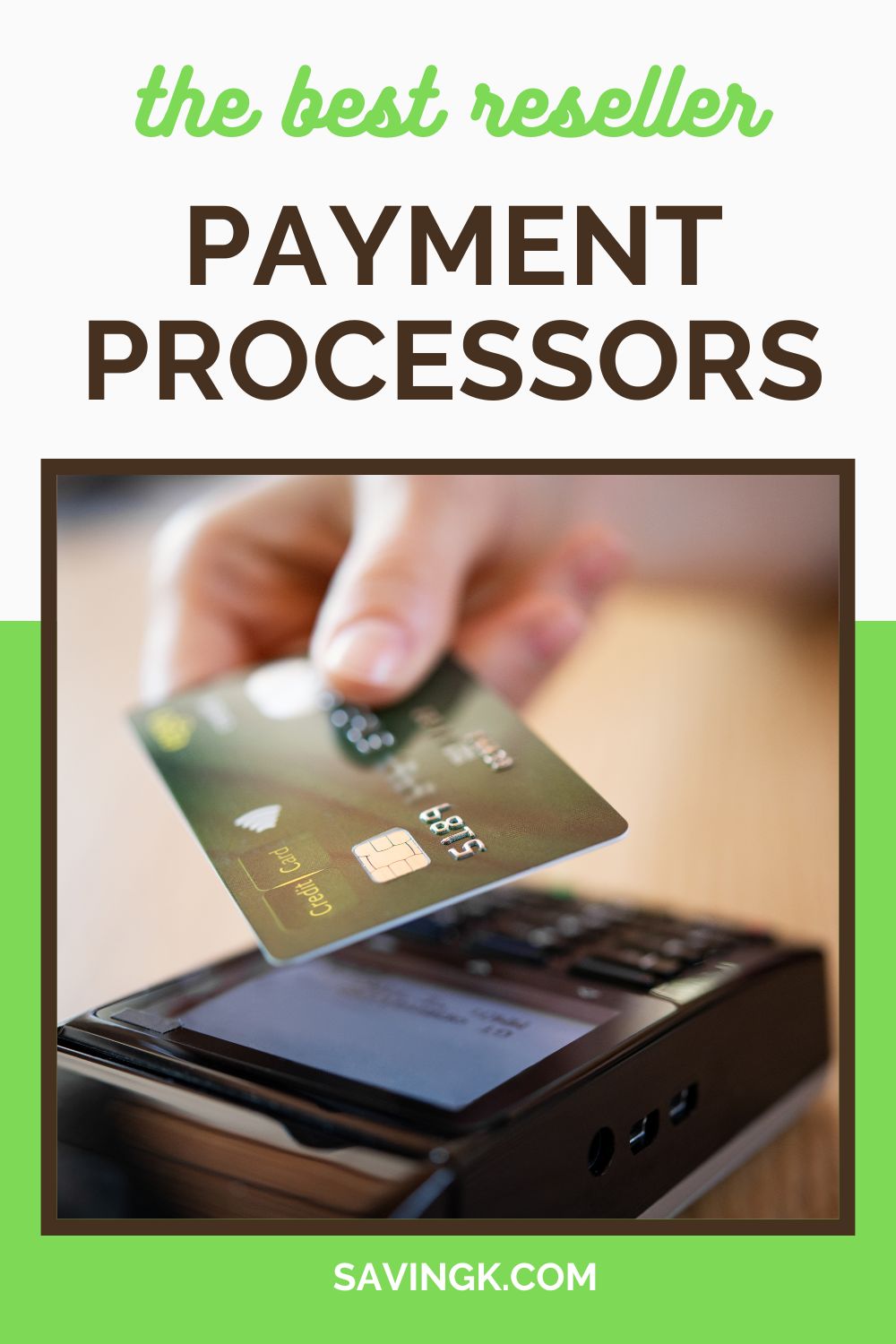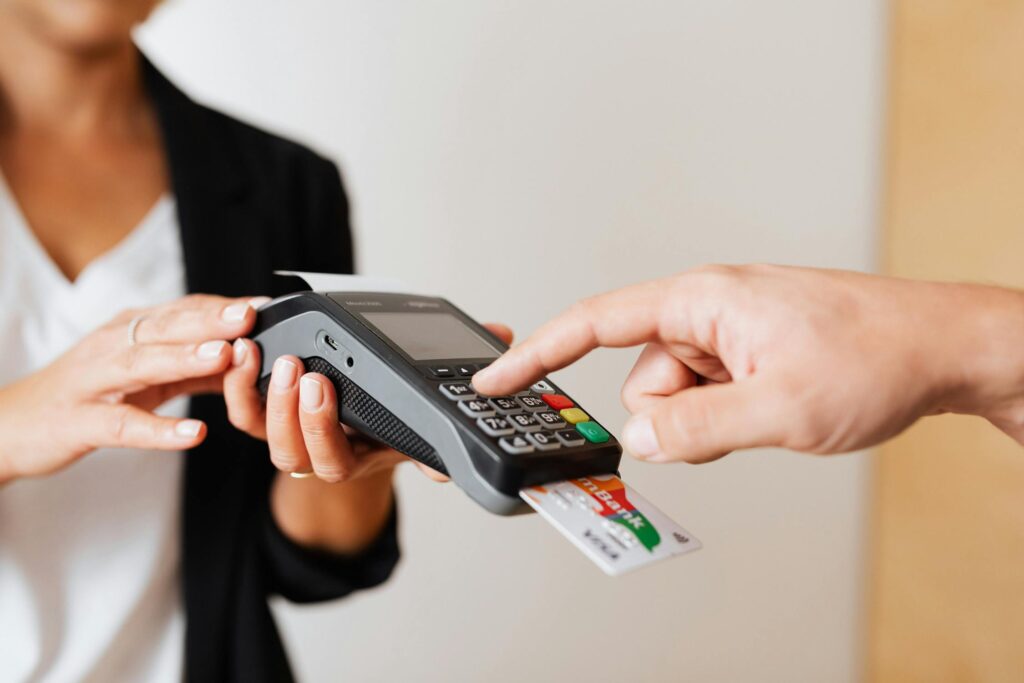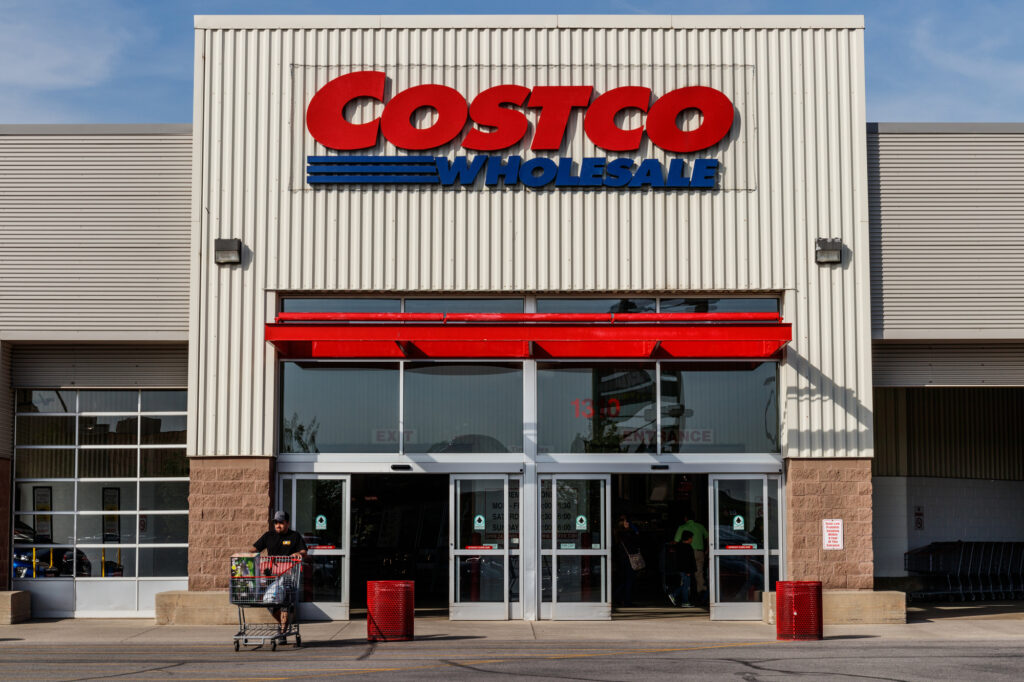
As a reseller, choosing the right payment processor is crucial for smooth transactions, lower fees, and customer convenience. With multiple options available—each with its own advantages and drawbacks—it’s important to pick the one that best fits your business needs. Below, we’ll compare Venmo, PayPal, Shopify, Square, and Clover, examining transaction fees, ease of use, and key features.
Contents
1. Venmo
Venmo, owned by PayPal, is a popular peer-to-peer payment app that allows users to send and receive money with ease. While originally designed for personal transactions, Venmo now offers business profiles for sellers who want a simple way to accept payments. With its social-sharing features and mobile-first design, Venmo is especially popular among younger buyers. However, it comes with certain limitations for business use.
Venmo Pros
✅ Low fees for personal transactions – If selling to friends or known buyers, Venmo’s fee-free personal transactions can be an advantage.
✅ User-friendly – Many buyers, especially younger audiences, prefer Venmo for its convenience.
✅ Instant transfers – Funds can be transferred to a bank account instantly for a small fee.
Venmo Cons
❌ Not ideal for business transactions – Venmo requires sellers to use a business profile, which incurs a 1.9% + $0.10 fee per transaction.
❌ Limited protections – Venmo is not designed for e-commerce and has weak buyer and seller protections compared to other platforms.
❌ Mostly mobile-only – Venmo is app-based, making it less convenient for desktop transactions.
Best for: Small-scale, casual resellers who sell locally or to personal contacts.
2. PayPal
PayPal is one of the most widely used digital payment platforms, trusted by millions of buyers and sellers worldwide. It allows resellers to accept payments through PayPal accounts, credit cards, and even financing options like PayPal Credit. With built-in buyer and seller protections, PayPal is a solid choice for online transactions, but its fees can be higher compared to other payment processors.
PayPal Pros
✅ Widely accepted – PayPal is a trusted platform with a large customer base.
✅ Strong buyer and seller protection – Offers dispute resolution and fraud protection.
✅ Multiple payment options – Accepts credit cards, debit cards, PayPal balance, and even PayPal Credit.
✅ Integration with e-commerce platforms – Works with eBay, Shopify, and other online marketplaces.
PayPal Cons
❌ High transaction fees – 3.49% + $0.49 per transaction for online sales and 2.99% + $0.49 for Venmo transactions through PayPal.
❌ Chargeback risk – Buyers can dispute payments, which may lead to loss of funds.
❌ Account holds – PayPal sometimes freezes funds, which can disrupt cash flow.
Best for: Online resellers who need a trusted, flexible payment processor with strong protections.
3. Shopify Payments
Shopify Payments is an integrated payment solution designed exclusively for Shopify store owners. It allows sellers to accept credit card payments directly on their Shopify website without the need for third-party processors. Offering competitive transaction fees and seamless checkout experiences, Shopify Payments is ideal for e-commerce sellers but requires a Shopify subscription to use.
Shopify Pros
✅ All-in-one e-commerce solution – Shopify provides a website, POS system, and payment processor.
✅ Lower transaction fees – If using Shopify Payments, fees range from 2.4% – 2.9% per transaction, depending on the plan.
✅ Seamless integration – Works well with Shopify stores and dropshipping businesses.
✅ Fast payouts – Funds are deposited in 2-3 business days.
Shopify Cons
❌ Monthly subscription required – Shopify plans range from $29 – $299 per month, adding to costs.
❌ Limited use outside Shopify – Not ideal for in-person or multi-platform resellers.
❌ International fees – Additional costs apply for non-US transactions.
Best for: Online resellers who run their business through Shopify and want an integrated payment solution.
4. Square
Square is a versatile payment processor that caters to both online and in-person sellers. It is particularly popular among resellers who set up booths at flea markets, pop-up shops, or local events. Square provides a free mobile card reader for accepting credit card payments and offers a full point-of-sale (POS) system for managing inventory and sales. While its in-person transaction fees are competitive, online sales may come with slightly higher costs.
Square Pros
✅ Great for in-person sales – Square is an ideal choice for flea markets, pop-up shops, and local sales.
✅ No monthly fees – Pay only per transaction with a 2.6% + $0.10 fee for in-person sales.
✅ Free card reader – Comes with a free magstripe reader for credit card payments.
✅ Robust POS system – Provides inventory tracking and sales analytics.
Square Cons
❌ Online sales cost more – E-commerce transactions have a higher fee (2.9% + $0.30 per transaction).
❌ Account freezes possible – Square has been known to hold funds for suspicious transactions.
❌ Limited international availability – Works best in the US, Canada, UK, and a few other regions.
Best for: Resellers with physical storefronts, pop-up shops, or in-person transactions.
5. Clover
Clover is a full-service payment processing and POS system designed for businesses that need a more robust checkout solution. Unlike mobile-first platforms like Venmo, Clover offers physical hardware, including touchscreen terminals and cash registers, making it ideal for established resellers with physical store locations. While Clover provides powerful customization options, it requires an initial hardware investment and a subscription for advanced features.
Clover Pros
✅ Powerful POS system – Clover offers robust hardware and software for retailers.
✅ Customizable features – Supports add-ons and third-party integrations.
✅ Flat-rate processing – 2.3% + $0.10 per transaction for in-person sales.
✅ Multiple payment options – Accepts credit cards, mobile payments, and gift cards.
Clover Cons
❌ Expensive setup – Clover hardware costs between $49 – $1,649 depending on the system.
❌ Monthly software fees – Subscription plans add ongoing costs.
❌ Not ideal for small resellers – Best for established businesses rather than side hustles.
Best for: Resellers with brick-and-mortar stores who need a complete POS system.
Which Payment Processor Is Best for You?
| Processor | Best For | Transaction Fees | Notable Features |
|---|---|---|---|
| Venmo | Casual sellers | 1.9% + $0.10 | Mobile-first, social payments |
| PayPal | Online resellers | 3.49% + $0.49 | Buyer/seller protection, global reach |
| Shopify | E-commerce sellers | 2.4% – 2.9% | Integrated store & payments |
| Square | In-person resellers | 2.6% + $0.10 | Free card reader, no monthly fees |
| Clover | Physical stores | 2.3% + $0.10 | Advanced POS system |
Final Thoughts
Choosing the right payment processor depends on your business model.
- For casual sellers, Venmo is the easiest and cheapest option.
- For online resellers, PayPal and Shopify Payments offer solid protections and e-commerce integration.
- For in-person sellers, Square is a flexible and affordable choice.
- For established retail stores, Clover provides a full-service POS system.
By selecting the best payment processor for your resale business, you can minimize costs, enhance customer convenience, and streamline operations.





